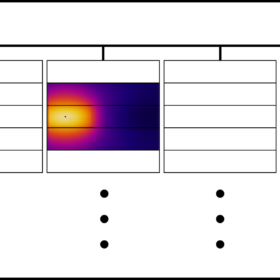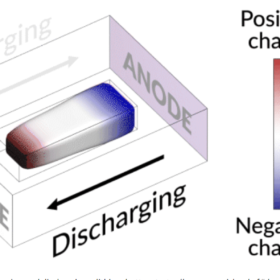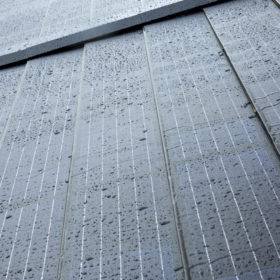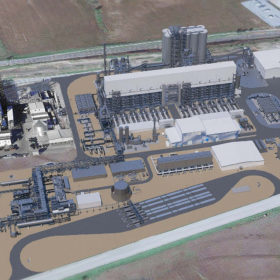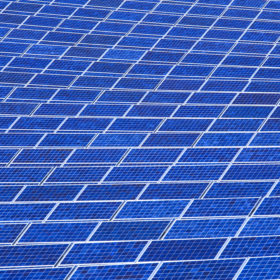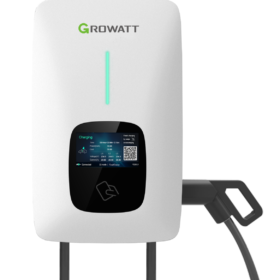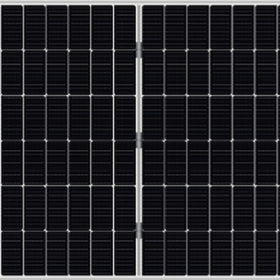Novel design for shingled solar modules
Researchers in Singapore have created a flexible framework for designing hotspot-resistant shingled modules. Their work is claimed to be perfectly compatible with existing manufacturing techniques.
Mozambique’s first floating solar project
The floating array is planned for a water reservoir in Chicamba, in Manica province. Consultants are now being sought for the feasibility studies.
Bringing dead lithium back to life to boost battery lifespans
Researchers at Stanford University and the US Department of Energy’s SLAC National Accelerator Laboratory have explored the potential recovery of lost capacity in lithium batteries by using an extremely fast discharging step to reconnect an island of inactive lithium with the anode. Adding this extra step slowed the degradation of their test battery and increased its lifespan by nearly 30%.
GAF Energy launches Timberline nailable solar tile
GAF Energy manufactures its Timberline solar tiles at a new facility in California. It claims that the Timberline Solar roof system is unique because it directly integrates solar technology into traditional roofing processes and materials.
The Hydrogen Stream: China Yuchai unveils hydrogen engine, Monolith secures $1bn to expand Nebraska facility
Elsewhere, the ‘world’s first hydrogen racing truck’ has set out on this year’s Dakar Rally, with sponsorship from Saudi Aramco, and French hydrogen equipment business McPhy has been selected as preferred supplier for the GreenH2Atlantic project in Portugal.
Chinese PV Industry Brief: PetroChina reveals results of 4.5GW procurement tender
The energy company will buy panels from JinkoSolar, Risen Energy, Canadian Solar, JA Solar, GCL Integration and Longi. Elsewhere, Xinyi Solar and Golden Solar have both announced new transactions to strengthen their business.
India added 935MW of private-contract backed solar in first nine months of 2021
That meant the nation reached a cumulative 4.8GW of “open-access” solar generation capacity by the end of September. At that point, there were also more than 1.1GW of open access projects in the development pipeline, according to analyst Mercom India Solar.
Heat-protective film to reduce solar module temperature by 3.5 degrees Celsius
An international research team has tested a holographic film based on prismatic concentrators that was presented by Russian scientists last year and is claimed to significantly reduce the operating temperature of solar modules, including that of thermal-photovoltaic devices. According to the new findings, the film is able to lower the operating temperature by around 3.5 degrees Celsius.
Weathering the solar industry storm: How Growatt overcame 2021’s challenges
Growatt has been on an upward trajectory, recording an over 60% revenue increase in 2021, despite the many challenges posed in the solar industry. Lisa Zhang, global marketing director tells pv magazine how the Chinese PV inverter manufacturer overcame semiconductor chip shortages and rising costs amidst a global pandemic in addition to discussing key markets and new inverter products.
Jolywood launches 615W TOPCon solar module and all-black panel for residential segment
The Chinese manufacturer has launched two new bifacial products based on its n-type TOPCon 2.0 cell technology. The JW-HD156N panel has a power output of 615W, a front side efficiency of 22% and is intended for utility scale projects. The second product, called JW-HD108N, is an all-black panel with a power rating of 425W, for the residential segment.
